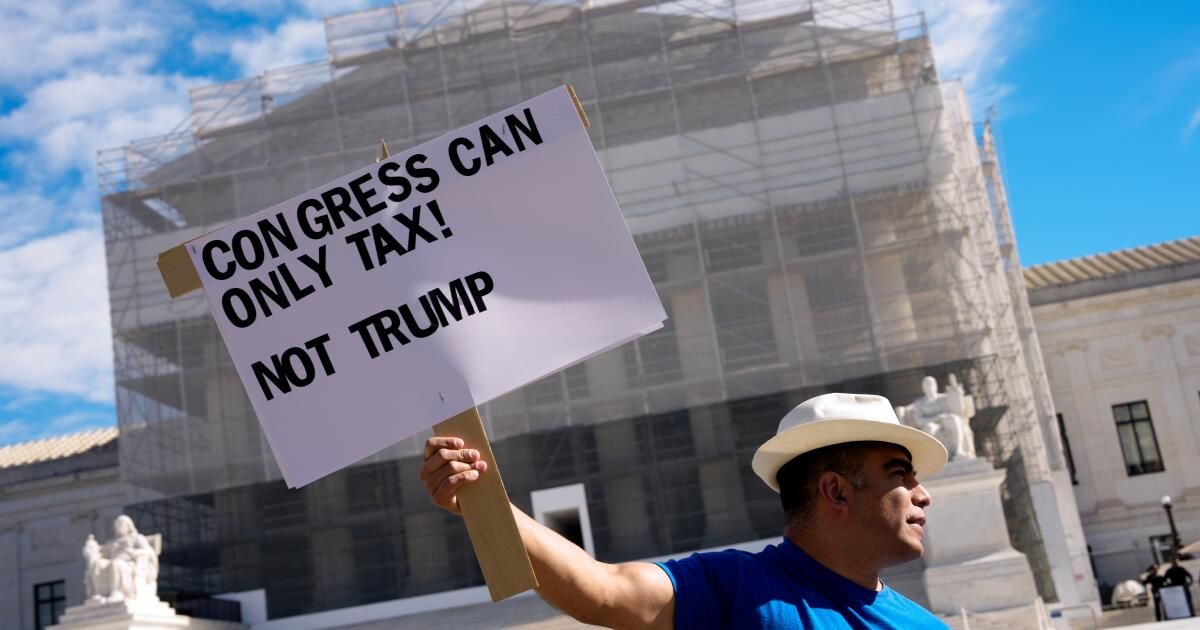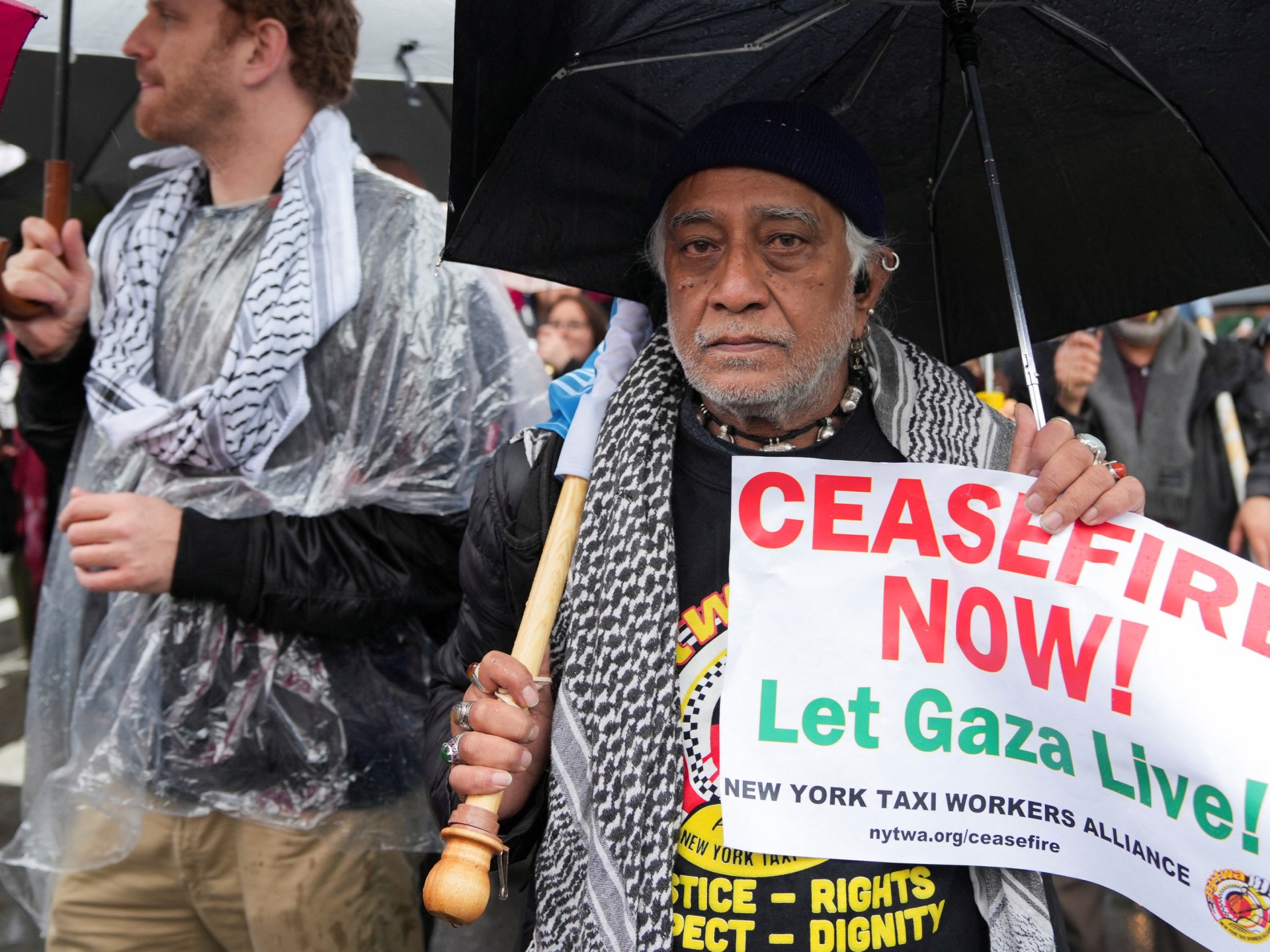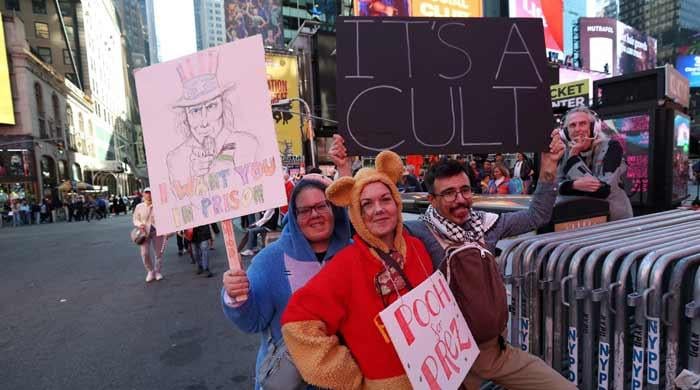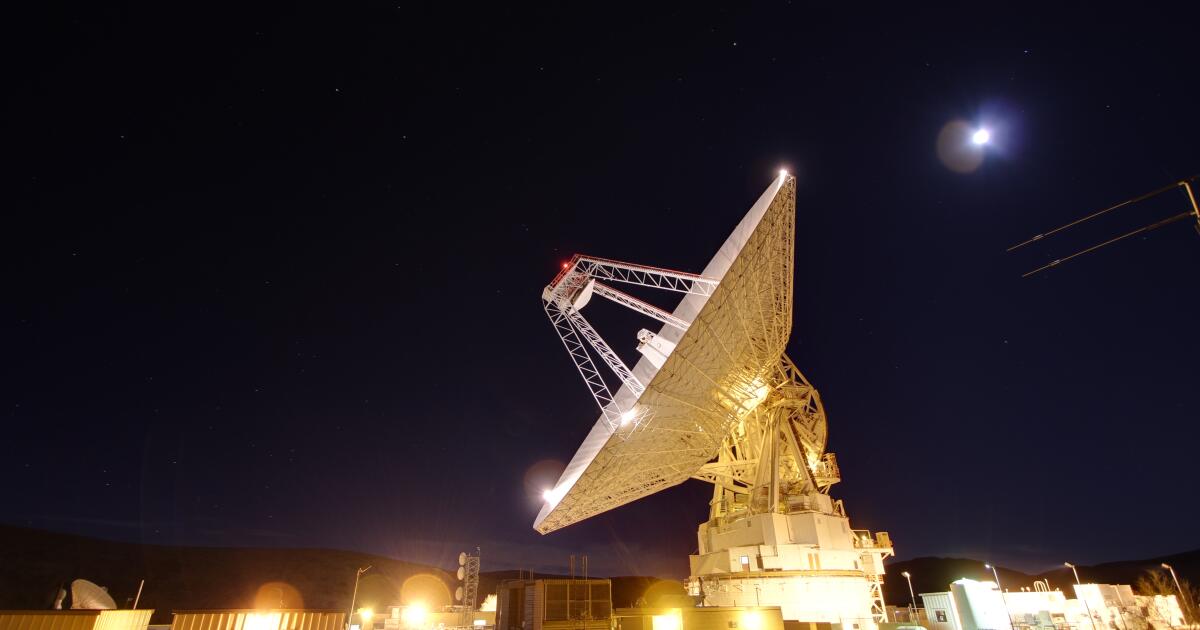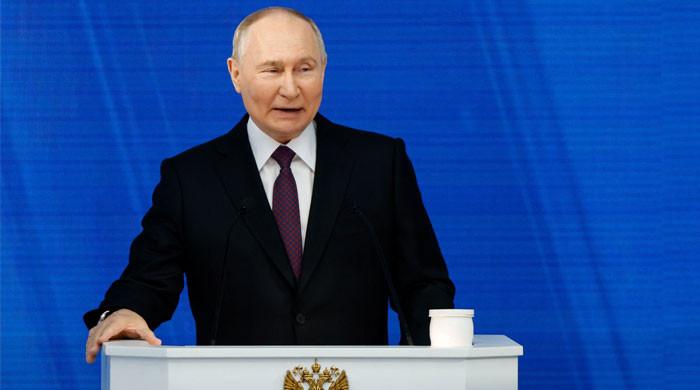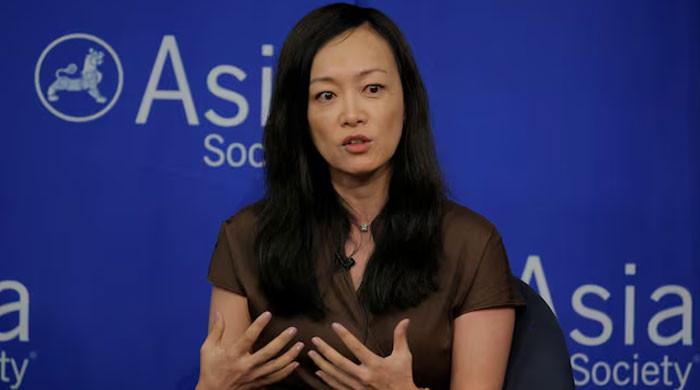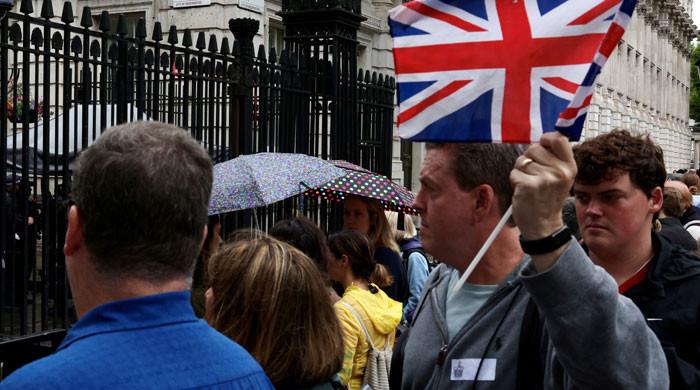WASHINGTON- Supreme Court justices on Wednesday were skeptical of President Trump's claim that he has the power to impose large tariffs on goods from countries around the world.
Most of the justices, both conservative and liberal, said Congress, not the president, had the power to impose taxes and tariffs. And they agreed that Congress did not authorize the tariffs in an emergency powers law adopted in 1977.
“It has never been used to justify tariffs before, and no one had argued it before this case,” Chief Justice John G. Roberts Jr. told Trump's lead lawyer on the court. “Taxing Americans…has always been a fundamental power of Congress.”
Attorney General D. John Sauer argued that the tariffs implicate the president's power over foreign affairs. They are “regulatory tariffs, not taxes,” he said.
Justices Sonia Sotomayor and Elena Kagan disagreed.
Imposing a tariff “is a taxing power that the Constitution delegates to Congress,” Kagan said.
Justice Neil M. Gorsuch said he, too, was skeptical of the claim that the president had the power to impose taxes based on his belief that the nation faces a global emergency.
If so, could a future president acting on his own impose a 50% tax on cars due to climate change? asked.
Gorsuch said the court recently blocked far-reaching presidential regulations by Democratic presidents that went beyond an old, vague law, and that the same could be called for in this case.
Otherwise, presidents can feel free to take away taxing power “from the people's representatives,” he said.
But Justices Brett M. Kavanaugh and Samuel A. Alito Jr. questioned the president's challenge to the tariffs.
Kavanaugh cited a round of tariffs imposed by President Nixon in 1971, and said Congress later adopted his emergency powers law without clearly rejecting that authority.
Judge Amy Coney Barrett said she struggled to understand what Congress meant by the emergency powers law when it said the president could “regulate” importation.
He agreed that the law does not mention taxes and tariffs that would increase revenue, but some judges felt that it allowed the authority to impose tariffs or tariffs.
The tariff case heard Wednesday is the first major challenge to Trump's presidential power to be heard before the court. It is also a test of whether the court's conservative majority is willing to set legal limits on Trump's executive authority.
Trump has touted these import taxes as crucial to reviving American manufacturing.
But small business owners, farmers and economists are among critics who say the intermittent import taxes are disrupting business and hurting the economy.
Since Trump returned to the White House in January, the court's six Republican appointees have repeatedly voted to overturn judges' orders that had temporarily blocked the president's policies and initiatives.
While they have not explained most of their temporary emergency decisions, conservatives have said the president has broad executive authority over federal agencies and in foreign affairs matters.

